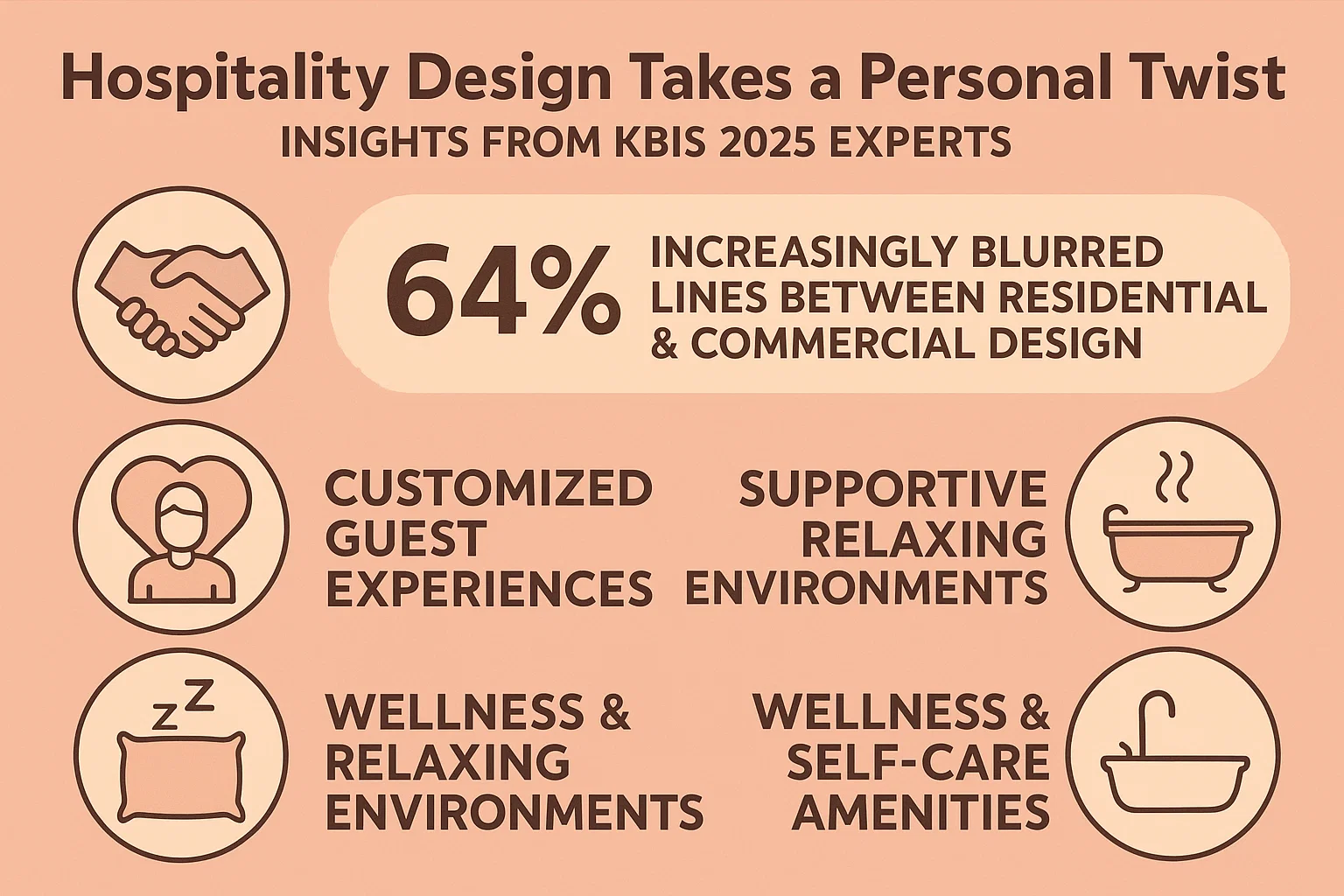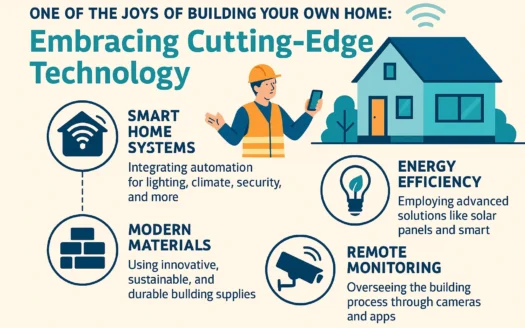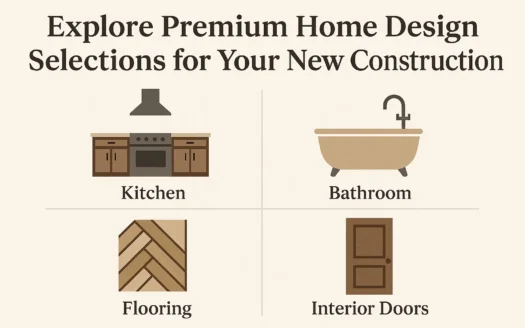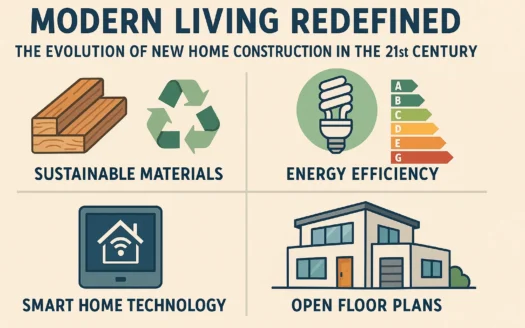Hospitality Design Takes a Personal Twist: Insights from KBIS 2025 Experts
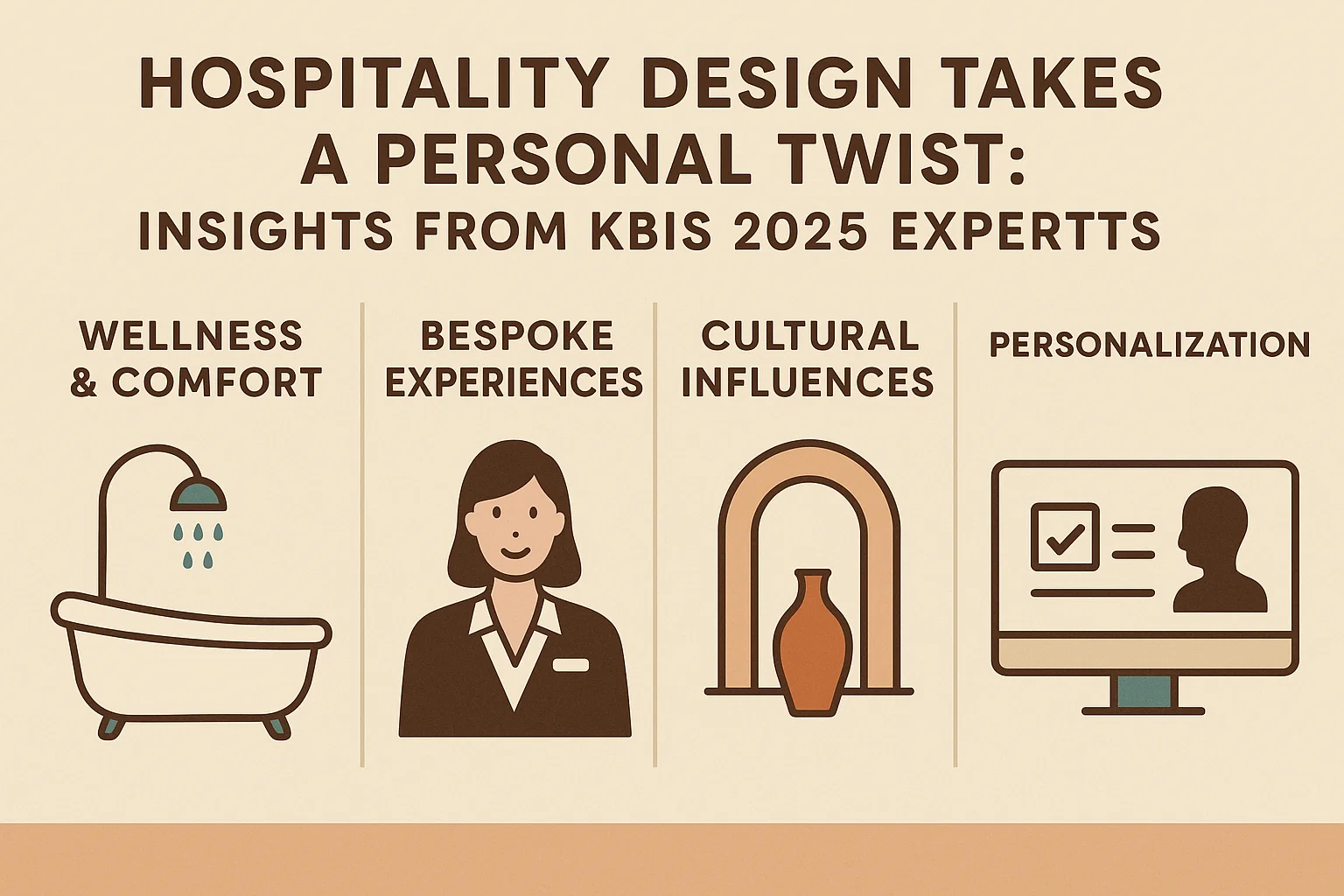
Hospitality Design Takes a Personal Twist: Insights from KBIS 2025 Experts
The hospitality design landscape is evolving with a deeply personal touch, as highlighted during a panel discussion at the 2025 Kitchen and Bath Industry Show (KBIS) in Orlando. Industry leaders emphasized the growing influence of the sharing economy and its impact on how spaces are curated for modern travelers.
The Rise of the Sharing Economy in Hospitality
The explosive growth of platforms like Airbnb has reshaped travel habits, particularly for business professionals. Data from Concur revealed a 56% increase in usage of Airbnb-style accommodations from Q1 2015 to Q1 2025, driven by cost efficiency and extended stays. Business travelers now average 5-night stays in shared residences compared to 3 nights in traditional hotels.
“There is something like 9,000 Airbnb listings in Toronto as of November 2025, compared with fewer than 100 in 2014,”
noted Toronto Star columnist Vicky Sanderson, underscoring the rapid adoption of shared housing.
Practical Considerations for Airbnb Design
Designers are increasingly tasked with transforming residential spaces into welcoming, versatile rentals. Key strategies include:
- Universal Appeal: Spaces must balance aesthetic charm with neutrality to attract a broad audience.
- Legal Compliance: Zoning laws vary widely—adding a sofa or stovetop can trigger regulatory requirements.
“When designing for Airbnb, ask: Is it legally, structurally, and financially feasible?”
advised Rhonda Knoche of Rhonda Knoche Design.
Cost-Conscious Design for Millennial Hosts
Millennials are driving the shift toward income-generating properties, often purchasing older homes to convert into rentals. Prioritizing investments like high-quality mattresses and durable furnishings ensures positive guest reviews and long-term savings.
“Renters will review the comfort of your bed, but a good mattress cover is essential,”
emphasized Bobby Berk of Bobby Berk Interiors + Design.
Tailoring Spaces to Target Audiences
Understanding the demographics of travelers is critical. Urban areas may cater to business professionals seeking sleek, functional designs, while tourist hotspots should prioritize family-friendly layouts. High-end condos in cities like Toronto now feature designer furniture to attract executives.
“Research who is coming to your area and design accordingly,”
said Sanderson.
Smart Technology for Safety and Efficiency
Connected home systems are revolutionizing Airbnb management. Smart stovetops that auto-shutoff and remotely controlled HVAC systems prevent accidents and reduce energy waste. Keyless entry via digital locks enhances both security and convenience for guests.
“Smart locks are a game-changer for hosts,”
noted Berk, referencing a Miami host who avoided disaster through remote monitoring.
As the line between residential and hospitality design blurs, adaptability, safety, and strategic investments remain central to success in the sharing economy.
